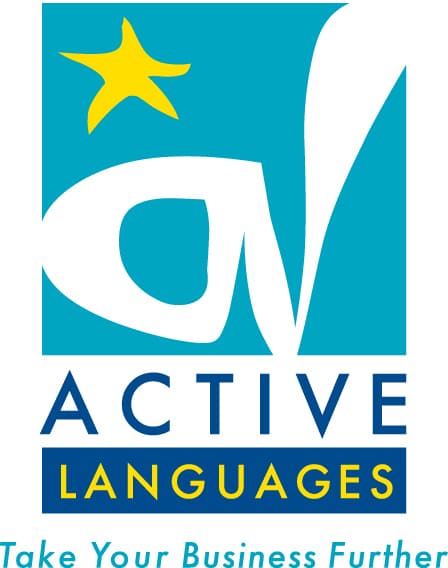Oops! AI did it again,
It played with content,
Got lost in the game,
Oo maybe, maybe,
Oops! It’s not what clients love,
It’s not sent from above,
It’s not that innocent.
Don’t worry, Active Languages is a translation agency and we won’t be giving up the day job so Britney has nothing to fear from our lyrics… but if you’re working with AI to translate your content and resources, you have more to fear than Ms Spears.
Beware of Translations using AI
Here are a couple of examples of AI fails from real clients who called on us to save the day after AI messed with their translations:
Our client was writing content on behalf of a seaside aquarium in France putting together a children’s fact sheet and quiz for English-speaking visitors. To cut costs, they decided to go with an AI translation and realised they’d gone down the wrong path as soon as they got the translation back. What did they do? They sent it to us to inform them how bad the translation was and asked us to put it right. So, what exactly did the machine translation do wrong?
First up, it translated the French word “hippocampe”, meaning “seahorse”, as “hippocampus”. The two words are very similar, seahorses do come from the Hippocampus genus and the hippocampus is a seahorse-shaped structure in the brain… but it’s the wrong word! Especially since there’s a photo of a seahorse right next to the word “hippocampe”. On top of that, the machine translation copies the original French text stating how the English word is a seahorse because it looks like a horse… which an English speaker doesn’t need to know since we already say seahorse. We chopped out that sentence since it’s irrelevant to English readers and instead wrote that the French word for seahorse is “hippocampe”, so visitors learn a new word and can look out for it on the displays.
Another example Saint Glinglin, this time it was a localisation issue. This came up in the quiz where children have to pick the local saint whose Saint’s Day is celebrated in the aquarium’s town. One of the options is Saint Glinglin in the AI translation, which copied the French literally (even Saint Valentin instead of Valentine), a saint that nobody outside France has ever heard of. Why? If you hear someone saying that something will happen on “La Saint Glinglin”, it means it will never happen, similar to our English expression, “when pigs fly”. The problem is that since nobody outside France knows that Saint Glinglin is a fictional saint’s day, that makes it a potential answer to the question, meaning the little visitors would get it wrong through no fault of their own and risk not getting the little prize they’ve been working so hard for as they explore. Well done AI, you’ve upset the children. Our solution was to replace it with a well-known saint (we went for good old Saint Nicolas) to point them in the direction of the correct answer.
Oops! AI Did It Again… – Beware of Translations using AI
It isn’t just the written word that gets scrambled by AI translation though, it’s audio too. Some companies use AI to transcribe video and audio content to save time and money. The risk comes when you don’t have a human translator proofread the AI transcription before you add your subtitles to you video and release it to the world… All it takes is a mispronunciation or a name that the machine doesn’t recognise and you get some hilarious results.
At Active Languages Translation Agency, we understand that sometimes AI has its uses and can be helpful but we recommend always working with human translators to translate or at least proofread your content to make sure it’s suitable for your audience.
Engage your customers, show them you care enough to speak their language and enjoy the peace of mind that comes with working with an experienced translation agency like Active Languages Translation Agency.
Contact us with your questions and projects.



